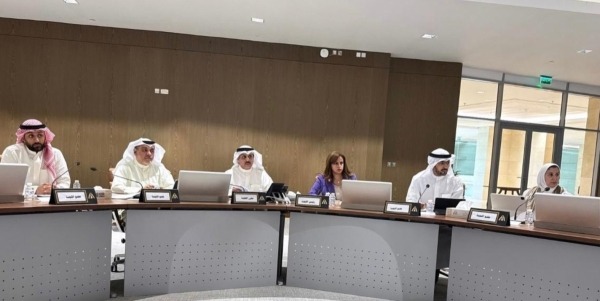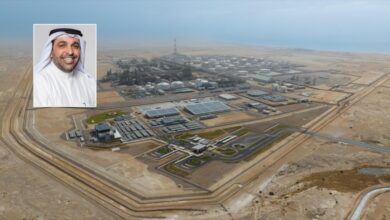Kuwait amends rules to boost agricultural, livestock sectors
The amendments aim to modernize urban planning, enhance agricultural and livestock production, support sector investors, and promote a sustainable environment aligned with Kuwait’s vision for food security and self-sufficiency.

• Engineer Munira Al-Amir, the head of the Technical Committee, said that the new amendments include several key areas aimed at improving the agricultural and livestock investment environment and enhancing infrastructure in these zones.
Engineer Munira Al-Amir, head of the Technical Committee at the Municipal Council, announced major amendments to the requirements and specifications for agricultural and livestock development zones, following a review to incorporate stakeholder input and allow for thorough discussion before a final decision, reported Arabic daily Al Rai.
She noted that the revisions aim to modernize urban planning, boost agricultural and livestock production, support sector investors, and promote a sustainable environment aligned with Kuwait’s vision for food security and self-sufficiency.
The head of the Technical Committee explained that the new amendments include several key areas aimed at improving the agricultural and livestock investment environment and enhancing infrastructure in these zones. The most notable amendments include:
- Redefining agricultural areas and regulating their use: The definitions of agricultural and livestock development areas have been updated to meet modern needs, allowing for more efficient use and development of agricultural plots.
- Setting building ratios and plot areas: New standards for building ratios have been introduced to ensure optimal space utilization while preserving green areas and natural resources.
- Developing height and setback standards: The amendments establish maximum building heights in agricultural and livestock zones to regulate urban development and prevent unplanned expansion. Specific setback requirements have also been introduced to ensure ease of movement and access to services.
- Clarifying licensing procedures for agricultural projects: The amendments introduce clearer and more transparent licensing procedures in coordination with relevant authorities, such as the Public Authority for Agriculture Affairs and Fish Resources and the General Fire Force, to ensure compliance with environmental and health regulations.
- Enhancing infrastructure standards for agricultural projects: The updated specifications include standards for buildings used in livestock and poultry farming, dairy and honey production, and the addition of new permitted facilities to improve production efficiency and maintain livestock health.
- Determining the mechanism for placing garbage containers on agricultural holdings: The regulations include provisions for the placement of garbage containers in a way that corresponds to the size and activity of each holding. The containers must be fenced and adhere to specific standards that ensure cleanliness and facilitate waste transport. Notably, this designated area will not be counted within the total building percentage of the holding, as an incentive to implement it effectively.
Kuwait’s farm zone reforms backed by deep study
Engineer Munira Al-Amir emphasized that these amendments were not made arbitrarily. Rather, they are the result of intensive meetings and in-depth technical studies conducted by the municipality, in coordination with its specialized departments, the Municipal Council—represented by the Technical Committee—and the relevant ministry at the highest levels.
The views of key stakeholders, including agricultural plot owners and livestock breeders, were also considered to ensure the amendments address their actual needs and support increased production in a sustainable way.
Al-Amir said the main goal of the amendments is to build a strong regulatory framework that supports agriculture, ensures food security, and protects resources through smart planning and sustainability.
Engineer Munira Al-Amir called on all relevant parties, including farmers, investors, experts, and government agencies, to take part in implementing these amendments to maximize their benefits.
She emphasized the Technical Committee will review remaining building regulation amendments promptly, marking a key step towards modernizing municipal rules and boosting related economic sectors.












